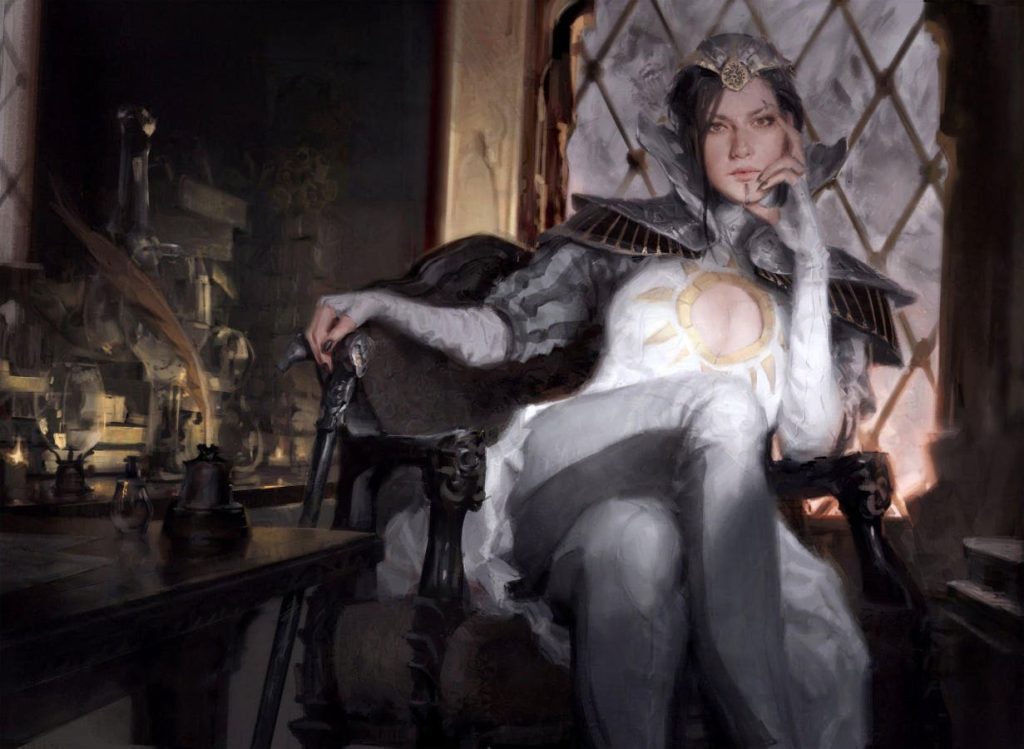In the world of art and illustration, the rise of generative AI has sparked concerns among professionals about the potential impact on their livelihoods. Karla Ortiz, a respected artist who has worked on projects for major studios, first became aware of AI-generated imagery in 2022. She discovered that these generative models were trained using images “scraped” from the Internet without permission, leading her to take action. Ortiz organized town hall meetings to educate the arts community and eventually became a named plaintiff in a series of class action suits against companies behind generative AI art models.
In January 2023, Ortiz, along with cartoonist Sarah Andersen and illustrator Kelly McKernan, filed lawsuits against companies like Midjourney, Stability AI, and Deviant Art. The lawsuits aim to address copyright infringement issues related to the unauthorized use of artists’ work in training AI models. A preliminary ruling issued by a judge indicates that the case is likely to move forward, highlighting the legal battle artists are waging against the unchecked use of generative AI in the industry. Ortiz has also testified before the US Senate Judiciary Committee, advocating for stricter regulation of tech companies.
To further protect artists from the abuses of generative AI, Ortiz has been involved in technological countermeasures like Nightshade. She collaborated with experts to develop tools like Glaze, which allows artists to share their work online without fear of theft. Ortiz believes that these technological solutions are crucial for artists to reclaim their creative space online and continue connecting with audiences. She emphasizes the importance of consent and ethical practices in technology development, urging individuals to demand better from companies utilizing generative AI.
Despite claims that generative AI offers new opportunities for creativity and expression, Ortiz argues that companies should prioritize ethical practices and respect artists’ rights. She challenges defenders of generative AI to demand more accountability from companies and avoid supporting unethical behaviors that harm creators. Ortiz stresses the need for a better approach to technology development that upholds copyrights, consent, and ownership of creative work. She encourages individuals to speak out, educate themselves, and demand better practices from companies to ensure the protection of artists’ livelihoods.
Recognizing the significant influence and financial power behind the spread of generative AI, Ortiz believes that individuals can make a difference by taking action. She emphasizes the importance of educating oneself, contacting lawmakers, and advocating for better practices in the industry. By raising awareness, speaking out against unethical practices, and engaging with regulatory agencies like the FTC, individuals can contribute to a shift in the narrative and push for more responsible use of generative AI. Ortiz’s efforts highlight the ongoing battle to protect artists’ rights and preserve the integrity of the creative industry in the face of advancing technology.













